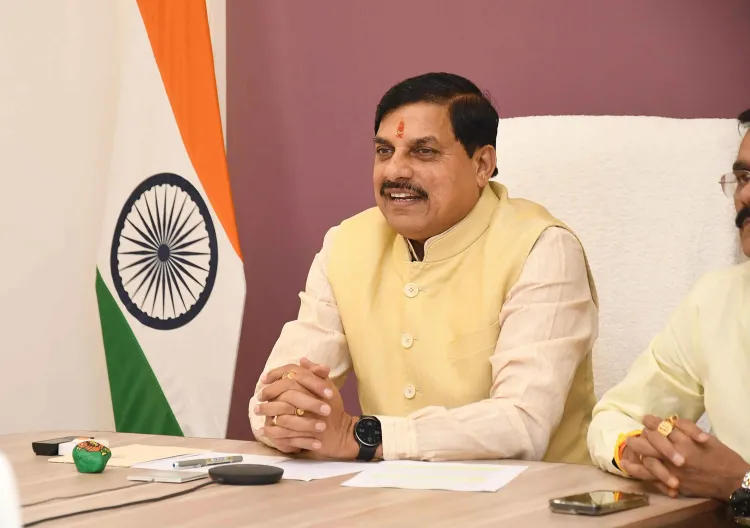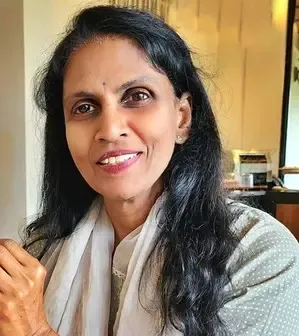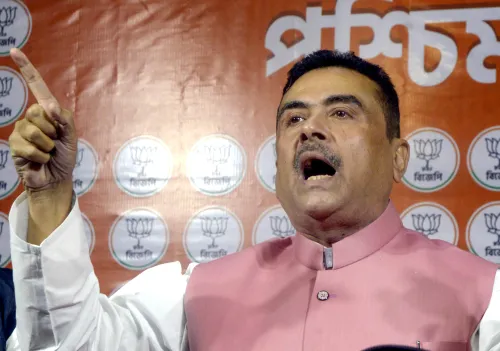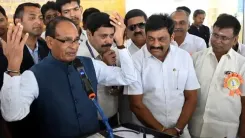How Did India Under PM Modi Respond to Pakistan's Attacks?

Synopsis
Key Takeaways
- India's military response has become more assertive under PM Modi.
- CM Yadav emphasizes community development alongside security measures.
- Heightened tensions have led to a review of state security arrangements.
- The Mukhyamantri Kanyadan Yojana supports tribal marriages.
- A ceasefire has been established between India and Pakistan.
Bhopal, May 10 (NationPress) Madhya Pradesh Chief Minister Mohan Yadav stated that under Prime Minister Narendra Modi's leadership, India has delivered a strong response to adversaries responsible for the deaths of 26 innocent individuals in Pahalgam on April 22.
CM Yadav emphasized that India has transformed, highlighting that the era when the Indian Army sought permission to retaliate against cowardly terrorist attacks from Pakistan is over.
"During the tenure of the Congress-led UPA government, our enemies brutally attacked our soldiers while our forces had to await the government's approval to respond. Now, under Prime Minister Narendra Modi's leadership, Indian forces are empowered to deliver a powerful response to Pakistan," the Chief Minister asserted.
These comments were made during a mass wedding event in Sehore district, Madhya Pradesh, where he was joined by former CM and Union Agriculture Minister Shivraj Singh Chouhan.
Approximately 600 couples from the Gond tribal community were married under the state-sponsored Mukhyamantri Kanyadan Yojana.
Following the successful 'Operation Sindoor,' which escalated tensions between India and Pakistan, CM Mohan Yadav led a high-level meeting to review the state's security measures.
He stressed the importance of mitigating anti-national sentiments and directed officials to combat the spread of rumors and misinformation, urging them to keep the public informed and composed.
Moreover, he assessed disaster management protocols, specifically emergency health services and fire safety, instructing officials to bolster readiness across all sectors.
Security agencies have identified Gwalior, Jabalpur, Indore, Bhopal, and Katni as high-risk zones, with Gwalior being particularly vigilant due to the strategic Indian Air Force base housing Mirage fighter jets.
Additionally, India and Pakistan have agreed to implement a ceasefire on land, air, and sea starting from 5 p.m. (Saturday), as announced by India's Foreign Secretary, Vikram Misri, confirming that the DGMOs of both nations have reached this agreement.










